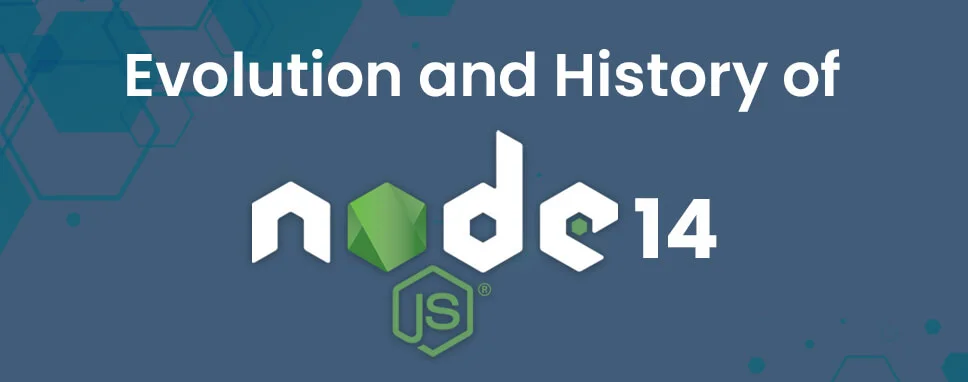4 Types of Healthcare Analytics with Examples & Success Stories
You already know how healthcare creates tons of clinical data every day. Patient visits… Labs… EMRs… doctor portals… scheduling systems… everything is generating numbers nonstop. But...
Listening is fun too.
Straighten your back and cherish with coffee - PLAY !

Node.js is an open-source, and cross-platform, runtime environment that is widely and more preferably used platform for efficient, reliable, secure, and effective application development by eminent Node.js Software development companies globally. In 2009 Node.js was initially written by Ryan. In the beginning, Node.js first release was supported only Linux and Mac OS X. On 8 November, 2009, the project was demonstrated at the inaugural European JSConf by Ryan Dahl. The Node.js combined Google’s V8 JavaScript engine, an event loop, and low-level I/O API. A package manager was introduced for the Node.js environment called npm in January 2010.
Node.js was written in C++ and built upon Google Chrome’s V8 runtime. Node.js runs on various platforms like Linux, Unix, Windows, MacOS X. Node.js providing asynchronous and event-driven APIs Microsoft and Joyent together implemented a native Windows version of Node.js in June 2011. Fedor Indutny started io.js, a fork of Node.js in December 2014.
All APIs of Node.js library that is non-blocking and asynchronous. Node.js library is very fast in code execution and it has built on Google Chrome's V8 JavaScript Engine. It is used as a single-threaded model with event looping. Node.js applications never buffer any data. Node.js is released under the MIT license. Node.js is supreme for distributed real-time web applications, high performance, and highly scalable. Node.js is a non-blocking I/O model. Node.js uses event-driven.
Node.js was initially released on 27th May, 2009.
The first version of Node.js is 0.1.0.
The first form of NPM (Node Package Manager) was created in 2009.
In December 2014, io.js is a fork of the Node.js project which was created.
On Sep 14, 2015, Node.js v0.12 and io.js v3.3 were merged into a single code base known as Node.js version 4.0 and that merged brought V8 ES6 features into Node.js and also it has a long term support release.
The latest version of Node.js is V13 and it was released on 22nd October, 2019.
61% of programmers consider long term support for Node.js an important feature, according to the 2018 Node.js User Survey Report. Big brands like Netflix, Trello, PayPal, LinkedIn, etc. are thriving into NodeJs. It’s the second most-watched repository on GitHub. Making NNode.js is the biggest single language code repository on Earth. Node.js makes coding in JavaScript for both the client and server-side possible. Node.js used for back-end API services and traditional websites but it was designed with push-based architectures, real-time in mind.

You already know how healthcare creates tons of clinical data every day. Patient visits… Labs… EMRs… doctor portals… scheduling systems… everything is generating numbers nonstop. But...

Let’s keep it simple. In healthcare, trust, safety, and human dignity come first, no matter what solution you build. The same applies to AI. Today, it is everywhere, from clinics...

Let's keep it real. The whole point of building autonomous Agents is to cut manual work and keep focus on business. Approvals that used to take days can happen in hours because...